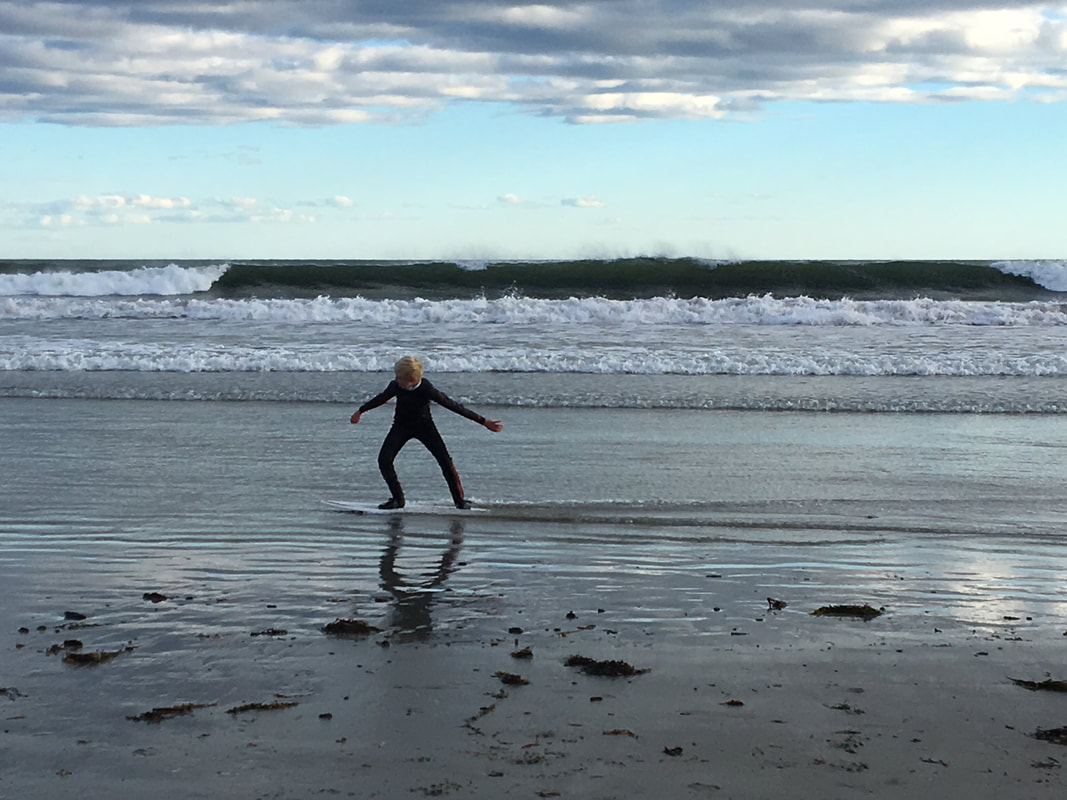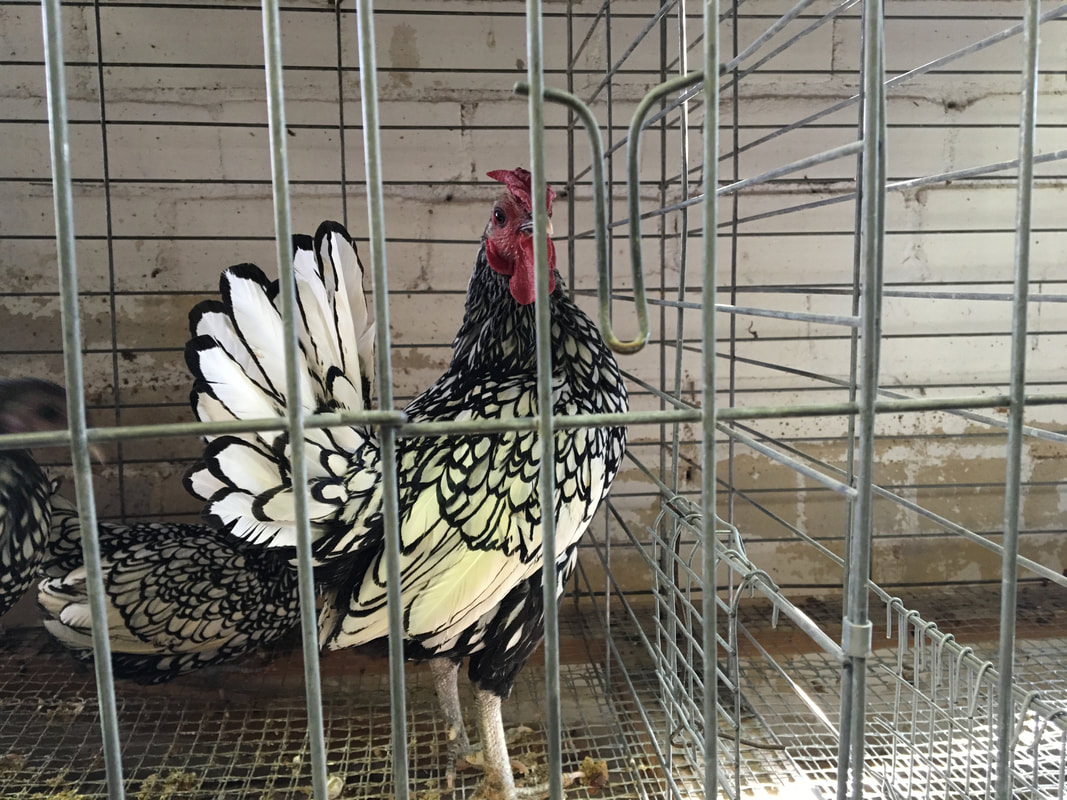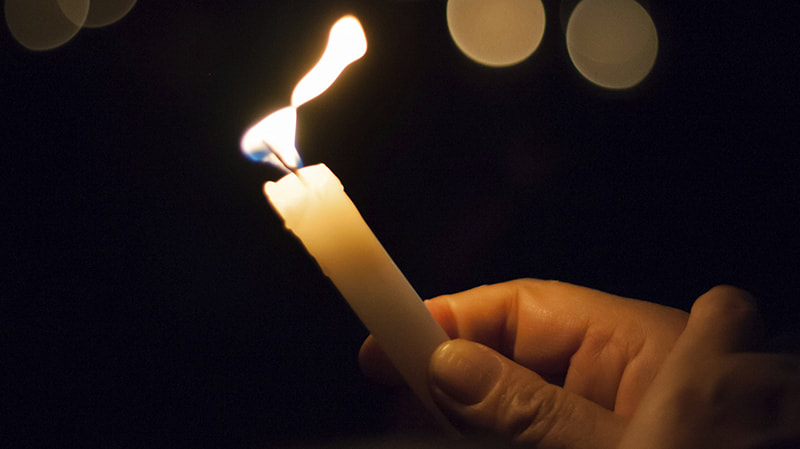|
My brother wrote to ask if decolonizing our bookshelves was the first step toward burning some books. Apparently, I had a lot to say in response:
David, I just made my way through a book I thought to be mediocre, a book that's winning high praise from the reviewers. There's nothing wrong with the book, but it didn't seem particularly high-praise-worthy to me, and I suspect this book would not have become a big hit had the protagonist and her family not been immigrants from Morocco. However, then it wouldn't be the book it is. The book deals with prejudice against this Moroccan family, and the events following the death of the father in the family. There are other themes as well, but that's the main one, and the book is built around it. So thematically, yes, it's an important window to a world most of us know very little about. For one thing, the book is set in the Mojave desert, near Joshua Tree. How many Americans even know where the Mojave is? And few of us know the life of Moroccan small-business owners in the US. My trouble with the book has nothing to do with the content. If I learn something from a book, if it opens up a cultural door to me, or gives me a new geography, I’m happy. My trouble with the novel is the unremarkable way in which it's written. There’s very little plot to it and the writing style is pedestrian, and yet the critics are raving. So let’s take a look at the raving critics. The critics’ job, it seems, is to find a “darling” and push their darling forward because that darling embodies a political group or statement they feel they need to (and perhaps actually do) favor. Right now, what’s in favor is whatever’s not part of the cultural majority—the anti-colonizers, if you will. What a change from the literary canon we had to read in every English class we ever took. Yes, we had a spoonful of Jane Austen and Charlotte and Emily Bronte, oh and some women poets (all of them dead), but goodness me, did you ever notice 99% of the time we just read books by white men? As a girl kid with writing aspirations, this seemed about as unsupportive as it could get. But I guess I couldn't help myself; I just kept writing. And then do you know what? I became the critics’ darling myself because I embodied the newest political group they were going to favor: gays. They had gay male writers and now they needed a lesbian. It was a moment in my life when I was chosen because I was in a certain place at the right time. Unusual Company was a first attempt at something I'd get progressively better at, but it was not praise-worthy. And it was especially not worthy of 1100 words in The New York Times Book Review. But, David, that's the way it goes. As my writing has gotten better and better, my recognition and audience have shrunk. I’m not a niche writer, and that’s a problem. I didn’t stay long in what I call the Gay Lit ghetto, and that was a disappointment to critics who were hoping to find my second book praise-worthy. (It was not. Praise-worthy didn’t start up until book #3, if you ask the author, or maybe book #4.) And then I either wrote from inside the skin of poor Georgia blacks, which is a no no, or I wrote historical fiction based in a well-known national park. The Grand Canyon, it turns out, isn’t any more of a hot topic than an ordinarily dysfunctional family in New Jersey. I want the author of the book I just read to know that being the critics’ darling is not a permanent position. It is, in Zen parlance, a finger pointing to the moon. These fingers are important, but don’t mistake them for the moon itself. A writer’s work is the critic’s pawn, but the moon goes well beyond these particulars. It runs the tides. It lights the night. It marks a welcome shift in our seeing and being. Decolonizing our bookshelves is not about being on the right side of history; it's about genuinely wanting to hear the stories of others who do us the great favor of reinforcing the notion of the common human experience.
4 Comments
Meanwhile, I’ve been killing grasshoppers. It’s a messy business, best handled by chickens, but I’m not quite ready for chickens. Grasshopper eyes are big and hard to ignore, like a baby’s, or a chihuahua’s. Their bodies are a beautiful vibrant green, or pinstriped, or rusty red. They wiggle their antennae when I approach, indicating I’m not sure what, but I certainly understand from their attention to the situation that they are sentient beings. They are full-bodied, even the little ones. They don’t squash easily so that’s a method I can’t bring myself to use. I catch them in a bug net and drown them, and even then I frown and turn away as they wiggle and seem to fight for life. I squashed one in the drowning bucket today simply because it kept surviving. It found a blade of grass and rode that like a life raft. It swam back and forth in the bucket like a dog chasing a ball. I killed it in fury and in doing so crossed a line I hadn’t known was there.
It’s easy to kill in a rage. I wanted that animal dead so it would stop devouring my young red twig dogwoods. I wanted it dead so it wouldn’t move on to my cucumbers and scarlet runner beans. I justified its death and the death of all the rest of them. This creature is taking life, so I’ll take its life. An eye for an eye. Tip for tap. But add fury, rage, anger to it and the game changes. To kill that obdurate grasshopper, or any grasshopper, force is required. As I said, their bodies are firm and the older ones are downright armored. Which is why I chose drowning. It seemed both effective and once-removed from the killing process itself. But when the stubborn one didn’t drown and didn’t drown and didn’t drown, I gritted my teeth, literally, and moved into a different gear. You’re making me have to kill you with my own hands, I thought, and this resentment led to a brief swat of irritation, then moved quickly into anger. It took no time at all to dump that anger on the creature whose instinct for life was at least as robust as mine. I pinned it to the side of the bucket with a stick. My jaw ached and I could feel the ugliness rising in my chest, and suddenly I didn’t know myself. I was in an altered state for just a moment, but a moment out of proportion to the very small size of the creature whose life I was taking. And what is the size of a life? We think we can kill an acre of grasshoppers more easily than a herd of horses. We think we can kill a herd of horses more easily than squeezing the life out of one man. But for me, in that moment of anger, the hierarchy of life held no meaning whatsoever. I was utterly without protocol, pushing my hands through a curtain made of feeble human gestures, in order to complete a job I had begun. I was blind to what I was actually doing, and the anger made possible—and just—the taking not only of this life, but any. I can’t settle today. I walk around the house, make tea, forget to drink it, walk some more. This is the behavior of someone in grief, love, or anger—and it isn’t love.
I just learned the entire state of Arizona is under curfew for a week. This surprises me as I stand at the window and look out at my quiet street. It’s so easy not to feel involved, to feel helpless, and to feel that my world is the world under scrutiny for its racism and cruelty, and that I have to find my world to change my world, to be part of the change of my world, and today I don’t know where it is. Is it out there on the quiet street? Is it in Minneapolis with my sister? Is it in New York City with my childhood? Where is my world? Last Saturday when we had our weekly family Zoom meeting, I told my brothers and sisters that I had no visuals. I have the radio and that brings me the news, but obviously nothing I can see. I said I needed visuals in order to feel immersed in this moment. My strongest memories of the non-violent marches and peaceful protests, the riots and assassinations of the 1960s, are visual memories. The crowds on Selma’s Edmund Pettus Bridge. The snarling police dogs in Birmingham. The blood of Medgar Evers on his driveway, and the mule-drawn wagon carrying the coffin of Martin Luther King. My eyes soaked in the violence and committed it to memory, and now those images are reemerging, like bloated bodies rising in a river. And today I have new images—from the Guardian, YouTube, the Star Tribune—but I find myself feeling more lost and isolated, more helpless. We are all sitting alone with our screens, watching the news that suits us, that we are led to by our habits, so there is no one picture, no one iconic photograph that represents this moment to us. We watch a clip of something from somebody’s phone. It’s good we now have the power to publicly witness. In fact, it’s crucial. But it denies us a communal experience, a napalm girl photo, a flower in the barrel of a gun photo, a visual moment we will never forget. The 9-minute footage of the arrest and asphyxiation of George Floyd may be such a moment, or it may be too many moments. Its power is not in delivering a snapshot. Instead, it delivered a galvanizing slogan: I can’t breathe. But the truth is, this disunification of visual experience makes what’s happening in this time more accurate and real. This desire for one iconic image is the desire to distance, emotionally. If all that’s going on in our country and psyche is able to be contained within the frame of a photograph, then it’s manageable, no matter the brutality of the image itself. But in all the home videos, all the wobbly camera shots taken from ground zero in so many of our cities, I feel dizzy and in the fray, unable to see the larger picture, a picture that might include a future. And this is the very experience of the majority of those who demonstrate. We are bereft of communal understanding in America today, and we can’t see a future. We are isolated from one another by class, race, religion, and gender. My desire for an iconic photograph is a desire for something lost and gone, an American experience we have been moving away from for decades. I am content not to hear in any of what I watch or listen to, the name of the police officer who is responsible for the death of George Floyd, but if I were to know it I would have to set aside my fixed ideas, and say to him that he is me, and every time I think of him as someone I could never be, I cease to live in a deeper unity and a deeper reality, but instead in a world that creates a wall of separation between what is right and what is wrong, and places me on the right side of it. Is that my world? Where is my world? I am eager to find my place and let change move from me and around me. |
AboutA place to discuss writing or anything on your mind. All visitors are invited to join the conversation by commenting on posts, asking questions, and joining the newsletter below for even more opportunities to connect and converse! Archives
April 2023
Categories |




 RSS Feed
RSS Feed